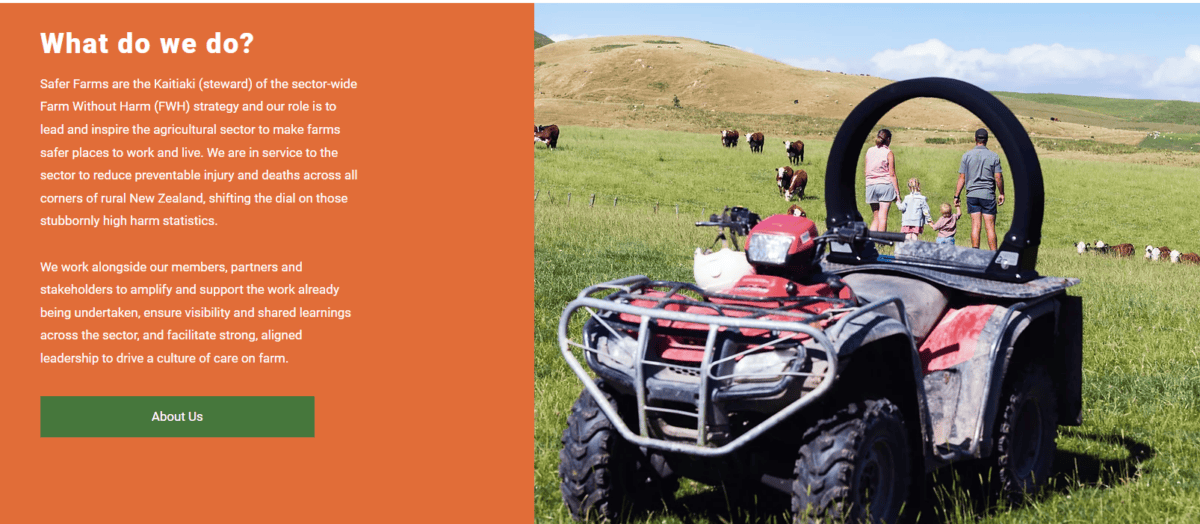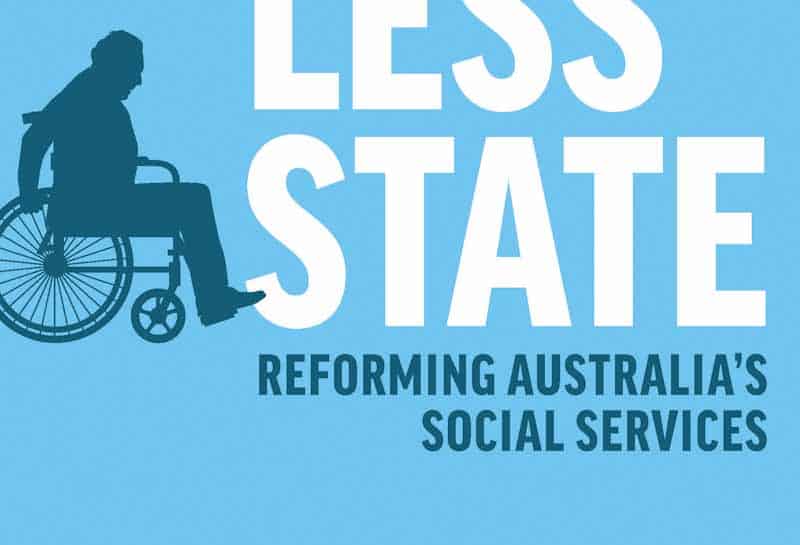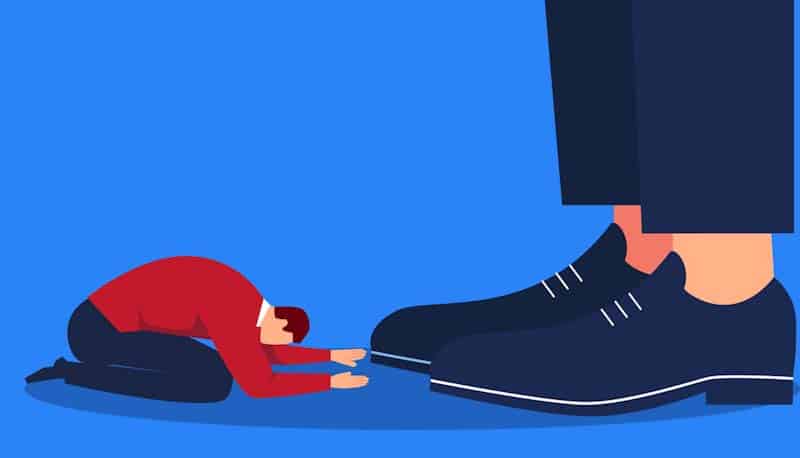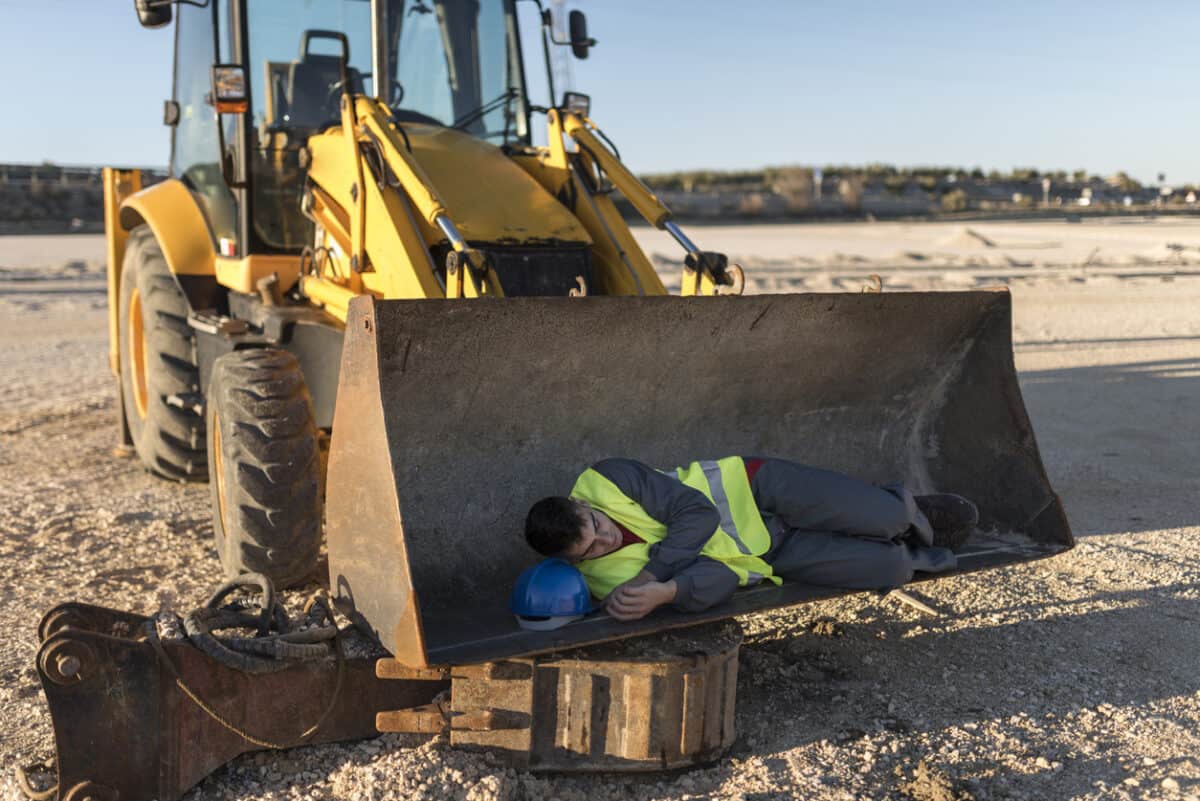Farming is a unique industry with significant occupational health and safety (OHS) challenges; it is unique because it is a blend of rural culture, working at home often with children in the workplace, isolation from social services, self-reliance and independence. It is important for the OHS advice provided and promoted to offer the most effective health and safety advice. Many farming organisations provide this information and do it well. New Zealand’s Safer Farms appears to have good intentions but may have missed the mark with their latest video.
Category: New Zealand
Where is the OHS debate on zero hours contracts?
Australia is experiencing a period of industrial reforms that is returning some power to workers and, according to some critics, the trade union movement – working hours, same pay for the same job, changing employment status, right to disconnect and more. A curious omission is a discussion of the concept of Zero Hours Contracts. This type of employment is crucial to improving mental health at work as it strengthens a worker’s job control, economy and security.
The normalisation of quad bike safety
Segway has made a push into the Australian quad bike market, helping to fill the gap left by some vehicle manufacturers who would not accept safety improvements to their quad bikes. Prominent Australian agricultural newspaper, The Weekly Times, reviewed the latest Segway quad bike models. Rider safety was not mentioned specifically in the review, but it was visibly present in the accompanying image and reinforced by Segway’s video media relelase.
Worker’s compensation explained in new social welfare book
Occupational health and safety (OHS) is an integral element of social welfare, even though the practitioners of the discipline self-silo. A new Australian book about Australia’s social services uses workers’ compensation and OHS as a case study for a change.
“The Careless State – Reforming Australia’s Social Services” by Mark Considine illustrates the Venn Diagram overlap of public health services, the National Disability Insurance Scheme (NDIS), aged care services, workplace safety and compensation and more. The book is very timely, as many of the social services essential for social harmony and justice have been neglected over the last decade under various State and Federal conservative governments.
The well-being budget is OHS’ time to make its case for inclusion
The Australian Treasurer, Dr Jim Chalmers is receiving good media attention for his thoughts on a “well-being budget”. This newsworthiness has been helped by American economist Joseph Stiglitz being on an Australian speaking tour at the same time. Stiglitz strongly advocates using socioeconomic measures to complement traditional economic measures. Well-being budgets shift how governments view policies, programs and strategies in a similar ideological fashion to how we should consider safety differently. The occupational context of well-being is well-established, but this new approach to measurement may challenge those established well-being programs.
Australia is not ignorant of the well-being budgets. It is not something created by Chalmers or just imported from New Zealand.
We need a revolution in how we think about working hours
If there was only one way available to improve the health and safety of workers in Australia, it would be to limit and enforce working hours to those in the official Awards and job descriptions.
This situation which would really be simply a case of working-to-rule, would need to be supported by other not unreasonable changes, in no particular order:
NZ research into transport industry OHS is relevant everywhere
In 2019, Victorian Premier Daniel Andrews flagged that incidents involving commercial vehicles would be reflected in workplace health and safety statistics. There has been little visible change on this pledge. Still, recently WorkSafe Victoria reviewed its work-related fatality statistics to include truck fatalities and other causes of work-related deaths for the last couple of years. Guess what, the number of deaths almost doubled for that period from 26 to 49!! What would the rate of serious injuries be if it was also reassessed?
New Zealand undertook a similar exercise a few years ago, which has led to a significant research project into that country’s transport industry and supply chains, a research project with substantial relevance to Australia and elsewhere.






